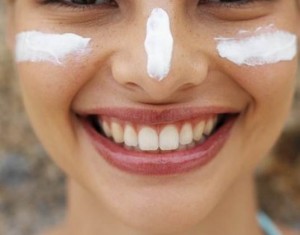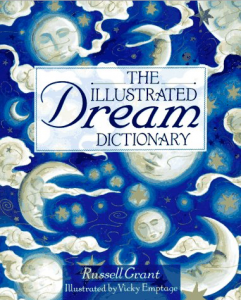As someone who has been nearsighted most of my life, I know how incredibly frustrating it can be when you forget your classes or run out of contact lenses (which always happens when you need them most). Because my nearsightedness, or myopia, developed pretty recently, I can’t help but think about what I could’ve done to prevent it. My mom always told me that it was because I spend too much time on my phone and computer, as well as the fact that I read at night with a flashlight on, but could it be something else? The key here is sunlight. The null hypothesis would be that sunlight doesn’t affect your vision at all and the alternative is that sunlight can actually reduce the risk of nearsightedness!
First Study
A study done at JAMA Ophthalmology found that the group with the highest UVB exposure, especially in the teenage and young adult years, had about a 30 percent lower risk for myopia than those with the lowest exposure. I believed that this study was well done, and 4166 of the participants (4187 in total) attended an eye examination including refraction, gave a blood sample, and were interviewed by trained workers using a questionnaire. Although they did not find the mechanism as to why increased Vitamin D prevented myopia, a proposed mechanism was that exposure to sunlight increased Vitamin D levels, and the Vitamin D was what saved their vision. Although there is currently no evidence connecting Vitamin D levels with improved vision, scientists are working hard to find it pending these shocking results.
Second Study
A second study done in China came up with very similar results. Two groups of monkeys were exposed to two different types of light: natural light and artificial light. At the end of the experiment, monkeys exposed to artificial light had significant myopic anisometropia compared with eyes of monkeys exposed to natural light. Scientists believe that exposure to bright light releases chemicals in the retina such as dopamine that can control growth, slowing down the progression of losing sight.
Although more research needs to be conducted to explain why there is a correlation between sunlight and lessening your chance of developing nearsightedness, we accept the alternative hypothesis and believe that it wouldn’t hurt to spend more time outside based on the results. Vitamin D has so many great benefits to our health, as long as we are soaking it up in moderation. And if there have been multiple studies confirming that the sun helps prevent damaging something that cannot be fixed once gone, it wouldn’t hurt to spend an extra hour outside!
Pictures –






























